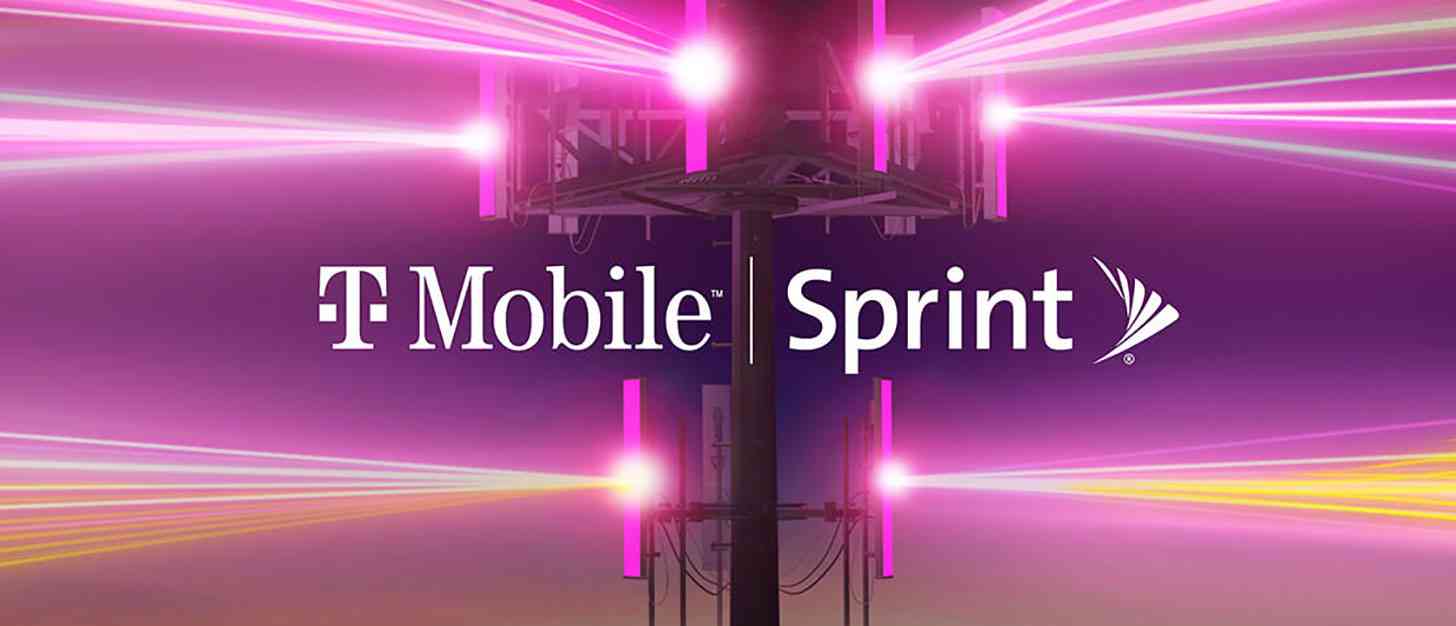
T-Mobile has been hit with a big penalty by the FCC for something that Sprint did before the two merged.
The FCC announced today that T-Mobile will pay a $200 million penalty following an FCC investigation that found that Sprint abused the Lifeline program. This is the largest settlement that the FCC has ever gotten as a result of one of its investigations.
In addition to this penalty, T-Mobile must implement policies and training to ensure that it follows the rules of the Lifeline program going forward. It must also submit regular reports to the FCC over the next three years as proof that it's complying with those rules.
Last year, the FCC said that Sprint had abused the Lifeline program that's meant to make phone and broadband service more affordable for low-income consumers. The FCC alleged that Sprint was claiming monthly subsidies for 885,000 Lifeline subscribers that weren't actually using the program.
Providers that take part in the Lifeline program receive a $9.25 monthly subsidy for most Lifeline subscribers. Those providers are then supposed to pass the subsidy along to consumers, which makes the Lifeline phone service free for most consumers.
While the FCC said that Sprint had misused the Lifeline program before its merger with T-Mobile, the two carriers are now one after having completed their merger earlier this year. That means that T-Mobile now has to foot the bill for Sprint's actions. And while the $200 million penalty isn't going to bankrupt T-Mo, the carrier will be sure that it's following the rules of the Lifeline program going forward.
Here's what T-Mobile told TmoNews about this FCC penalty:
"While we inherited this issue with our merger, we are glad that it is now resolved. We look forward to continuing to deliver reliable and affordable network connectivity to consumers across the country who depend on it."